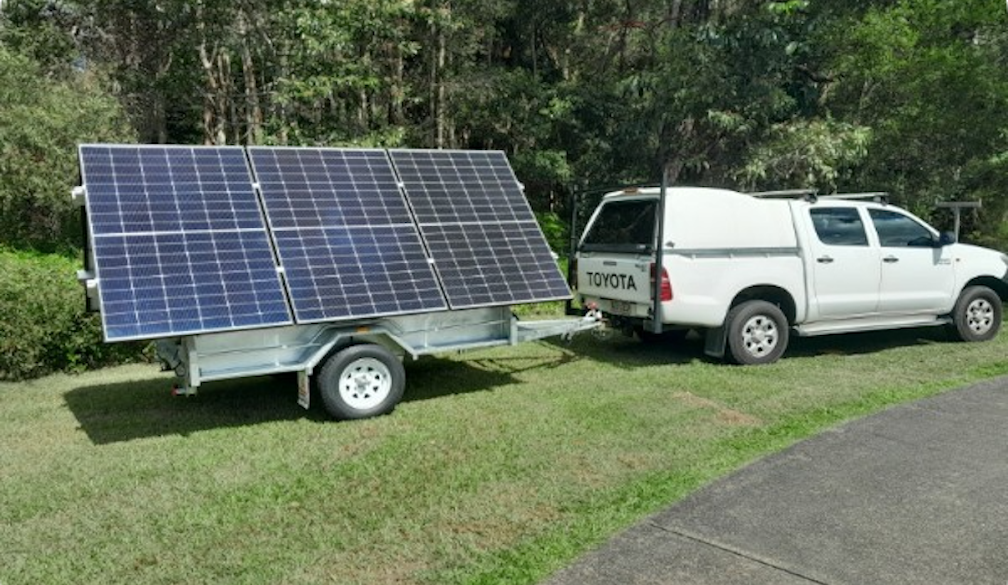Understanding the Basics of Solar Power Systems for Homeowners

Harnessing solar energy to power homes is not just an environmentally conscious decision but also a financially strategic one. With the increase in global awareness of sustainability, more homeowners are turning to solar power systems as a viable alternative to traditional energy sources. This blog post aims to demystify solar power systems, discussing their components, benefits, and installation processes, to help you decide if solar energy is right for your home.
What are the Key Components of a Home Solar Power System?
A residential solar power system primarily consists of three critical components:
- Solar Panels: These are the most visible parts of the system, typically installed on your roof. Solar panels capture sunlight and convert it into direct current (DC) electricity.
- Inverter: This device converts the DC electricity generated by the solar panels into alternating current (AC), which is the type of electricity used in most homes.
- Solar Batteries: Essential for energy storage, these batteries store excess electricity generated during peak sunlight hours. This stored energy can then be used during the night or on cloudy days, ensuring a consistent power supply.
How Solar Power Systems Work
The process begins with solar panels absorbing sunlight and converting it into electricity. The DC electricity flows from the panels to the inverter, where it’s transformed into AC electricity. Once converted, this electricity powers your home’s appliances and electronics.
Any electricity that isn’t used immediately can be directed to the grid or stored in solar batteries for later use. This not only provides energy independence but also allows for significant savings on electric bills.
The Benefits of Installing Solar Power Systems
- Cost Savings: One of the most appealing benefits of solar power is the reduction in electricity costs. After the initial setup costs, the energy produced by the solar system is essentially free.
- Increased Property Value: Homes with solar power systems have been shown to increase in value. Prospective homebuyers appreciate the lower utility costs and the home’s reduced carbon footprint.
- Environmental Impact: Solar power systems generate clean, green energy. By reducing reliance on fossil fuels, these systems decrease the amount of air pollution and greenhouse gases produced.
- Energy Independence: With the addition of solar batteries, homes can become less reliant on local utility companies and vulnerable to power outages.
Installation Process
The installation of a home solar power system typically involves several steps:
- Site Assessment: A professional installer will evaluate your home to ensure it is suitable for a solar power system, considering factors like roof condition, orientation, and shading.
- Design and Planning: Based on the assessment, a system will be designed to meet your energy needs.
- Permitting: Most local governments require permits for installing solar power systems. Your installer can help navigate these requirements.
- Installation: This phase can take several days, depending on the complexity of your system.
- Inspection and Interconnection: After installation, a final inspection is conducted by local authorities. Once approved, your system can be connected to the grid.
Choosing the Right Solar Power System
When selecting a solar power system, consider the following:
- Energy Needs: Calculate your average energy usage to determine the size of the system needed.
- Budget: Factor in the initial investment versus the potential energy savings over time.
- Local Climate: Areas with more sunshine hours will typically yield more electricity.
- Incentives: Look for local, state, or federal incentives that may reduce the cost of installation.
- Adopting solar power is a proactive step towards energy sustainability, and offers substantial benefits for homeowners
From reducing energy bills to contributing to a greener planet, the advantages of installing a solar power system are clear. With careful planning and the right setup, you can ensure a reliable power supply that protects the environment and enriches your home value.





